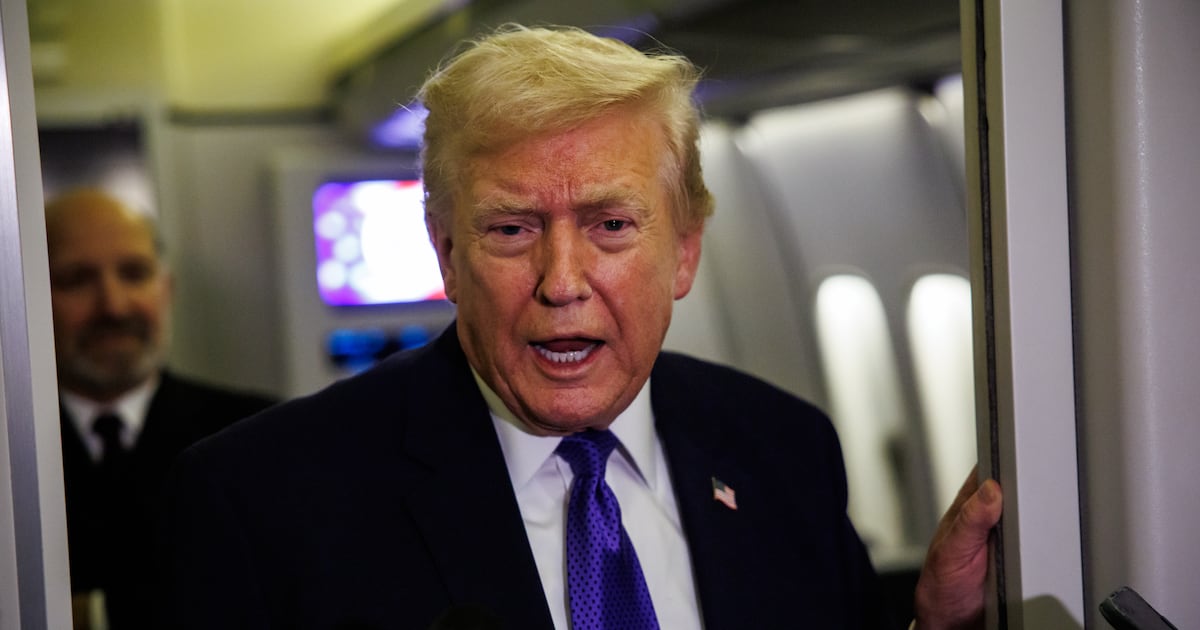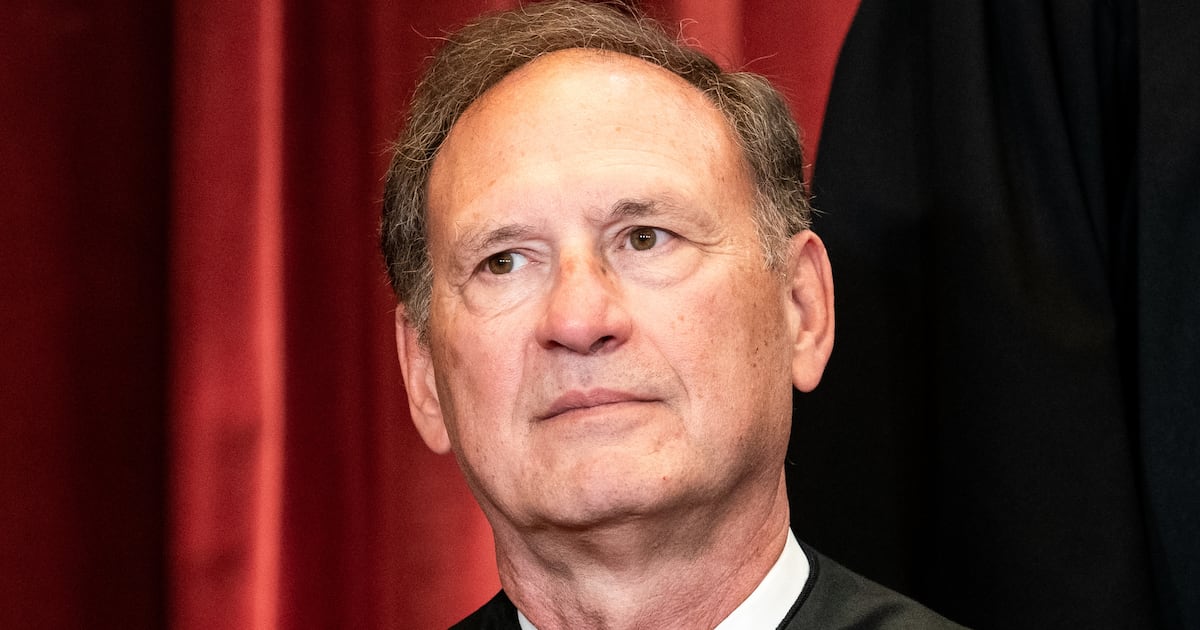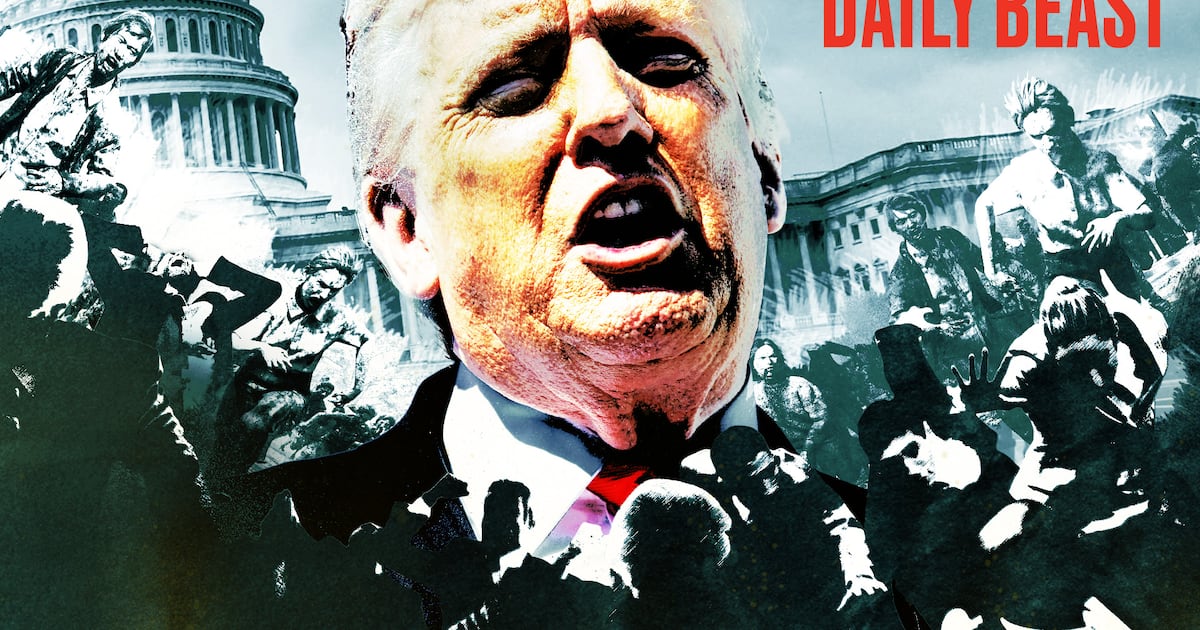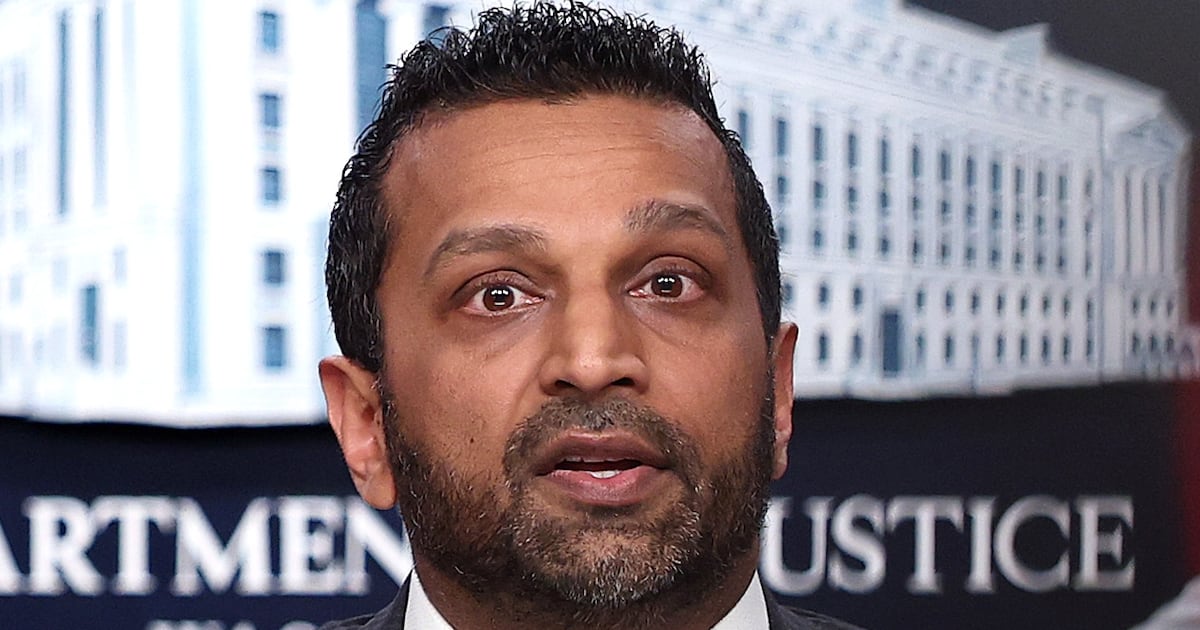As the presidential campaign reaches its crescendo in the next few months, we’re going to see a lot of predictions from pundits—confident, assertively stated grand pronouncements about what American voters want or which candidate has the advantage. If history is any guide, many of these predictions will be dead-wrong, and will have been made by people who were similarly dead-wrong in 2008, and 2004, and 2000… And yet the wrongness of these loudmouths will do nothing to mute their future attempts at prognostication.

How can we explain this hubris? Cameron Anderson, a researcher at Berkeley’s Haas School of business, thinks he has part of the answer. In a paper that will soon be released in the Journal of Personality and Social Psychology, he and his colleagues propose and test a simple root of the overconfidence epidemic: it leads to enhanced social status.
“The ideas were that people who were overconfident gain higher status in various ways, whether we’re talking more admiration and respect, more say in group decision-making,” he said, explaining the team’s hypothesis. “They get more control and influence at work—all those types of things that are status-related.”
Overconfidence is a strange thing. It can, as anyone who has come across a gambling addict can tell you, have deleterious consequences—the less accurate we are in our self-assessment of a given ability, the more likely we are to bungle things badly.
And yet it’s a frequent character flaw—research has consistently shown that humans consistently overestimate their abilities in all manner of tasks. So as Anderson put it, “If it is so negative, and if it does lead to personal disaster, then why is it so common?” Clearly, people must gain some benefit from being overconfident, or it wouldn’t be such a prevalent behavior.
Psychologists, according to Anderson’s paper, have generally focused on two explanations: that people exhibit overconfidence because it grants them psychological benefits (like self-esteem), or that they do so because they simply aren’t good at gauging their own abilities. Anderson and his colleagues focused on a third, less-studied possibility: People are overconfident because they reap a social benefit from it.
“If that’s true that overconfidence has that social benefit of getting higher status, then maybe that can explain why it’s so common, because the desire for status is fundamental to human nature,” he said.
To put this notion through its paces, the researchers set up a series of six studies to test their two main hypotheses: “overconfidence helps individuals achieve higher status in social groups,” and that “overconfidence leads to status because it makes individuals appear competent to others, even when they lack competence.” Their findings supported both claims. Perhaps most interestingly, when the confidence of one member of a duo (picked by the researchers—they didn’t know each other beforehand) was artificially inflated by the experimenters claiming he had done better on an assigned task than he or she actually had, his or her partner started viewing him or her in a more positive light. So the source of the overconfidence doesn’t matter—all that matters is that someone feels it and exhibits the often-subtle cues associated with it. (There’s a difference between genuine overconfidence and aggressive, bullying bombast, which often leads people to think less of an individual.)
Anderson pointed out that despite the dangers of overconfidence, it does makes some sense to follow confident people in general. “There is a correlation between confidence and actual ability, so following confident people, chasing those who are really confident, it makes sense to a degree,” he said. “But where we see the dysfunction come in is that people overweight confidence and they don’t look at it with enough scrutiny.” In other words, they simply see a few cues in an individual—cues that could be a sign of rightful confidence or, just as easily, overconfidence—and assume that individual to be competent.
So socially speaking, overconfidence can be a dangerous thing, especially if, as the work of Anderson and his team suggests, overconfident people will find it easier to gain a following and the respect of their peers. And if you want to see these tendencies (or hypothesized tendencies) at their worst, just look at our political media environment. Overconfidence runs rampant: As Philip Tetlock, a Wharton professor and expert on political decision-making, explained in an essay in The National Interest (paywall), when he has staged competitions for expert prognosticators, “many forecasters fail[ed] to outperform the proverbial dart-throwing chimpanzee.”
So Tetlock (and a variety of other researchers) has shown that most prognosticators aren’t good at what they do, and Anderson and his colleagues are hoping to convincingly prove that overconfidence leads to elevated social status. Combining these two findings can give us a pretty compelling story as to why we turn to the same, wrong pundits over and over again: Because they project airs of confidence and competence, viewers grant them an elevated social status and therefore seek out their views.
“The people on TV who have their extremely dogmatic, narrow-minded line of thinking are much more appealing to the average viewer,” explained Anderson, than their more thoughtful, hedging counterparts.
So keep that in mind when you’re trying to figure out where you get your election analysis this fall. And trust me when I say that this is important stuff, because I think this is one of the best articles I have ever written.






